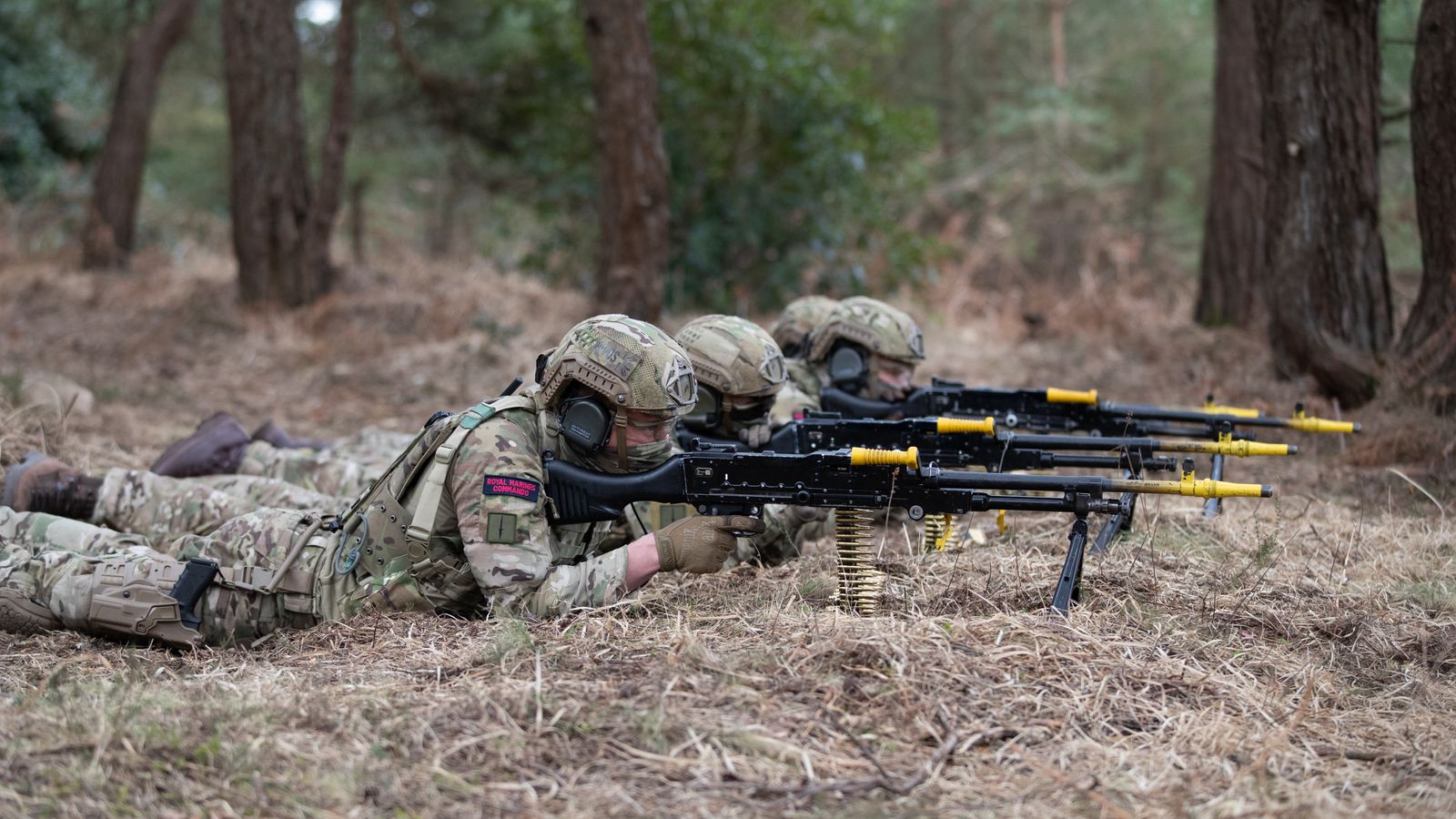A new special operations force is to be created to help modernise the British Army and tackle global threats before they escalate.
The Rangers will be regularly deployed around the world to train foreign militaries and then accompany them to the fight if necessary.
Mozambique and Somalia are understood to be under consideration for their first deployments.
The first of four Rangers battalions is expected to be operational by early next year; the unit will be based at Aldershot in Hampshire and made up of soldiers drawn from existing regiments.
They will be expected to pass special aptitude tests during the rigorous selection process.
The Rangers will not be as covert as current Special Forces such as the SAS and SBS, but more along the lines of other elite units the Parachute Regiment and Royal Marines and along the lines of the US Green Berets.
The announcement will be made officially on Monday as part of the government’s Defence Command Paper that lays out the shape and size of the armed forces for the coming decade – and comes after the release of the Integrated Review on foreign and security policy last week.
While ministers and military chiefs are expected to highlight areas of extra investment, like cyber, space and digital connectivity, there will also be large cuts in personnel, especially in the British Army.
The number of tanks and armoured vehicles are also expected to be hit as money is freed up for investment in modern technology.
Speaking ahead of the paper’s release Defence Secretary Ben Wallace wouldn’t be drawn on cuts to personnel but insisted the strategy was based around threats, not finances.
“There will be some increases in personnel and there will be some decreases in personnel and that will simply reflect our shift on where we’re going to invest in capabilities,” Mr Wallace explained.
“We will retire some capabilities that we don’t need.
“We recognise some of the new technology means that you need less people to do certain jobs, that’s just the nature of weapons systems and technology.”
Commanders are determined to get the armed forces operating more around the world, in smaller but more highly trained units.
Head of the Army, General Mark Carleton-Smith, told Sky News: “We’ll see the Army operating across Africa, particularly east Africa.
“We’ll see the Army being a much more persistent presence in Latin and South America and even stretching as far afield as the Indo-Pacific rim.”
The aircraft carrier HMS Queen Elizabeth will visit the Middle and Far East on her maiden deployment later this year and the Navy is expected to announce a permanent presence in the Pacific region.
There is already some disquiet over plans to increase the UK’s nuclear stockpile by up to 40%, but defence sources insist they have no choice if they want the deterrent to remain “credible and relevant”.
Tobias Ellwood, chair of the Defence Select Committee, said: “The cost of adapting to these new threats I’m afraid seems to be coming from the loss of conventional capability and that would actually put our country at risk because the arrival of new threats does not mean old ones have gone away.
“I really want to see our country protect itself from a full range of threats and I’m afraid to say that does mean we need to increase our defence spending to at least 3% if we want to defend our security and economic interests.”
Defence chiefs have been spooked by recent examples in Syria and Azerbaijan of cheap drones destroying expensive, advanced equipment like tanks and armoured vehicles.
It has led to a complete rethink in the Ministry of Defence and a preparedness to take risks with procurement and new technologies as they come available.
There is also a belief modern militaries will no longer be effective when operating en masse, but smaller and better-connected units will be less vulnerable to attack.






















